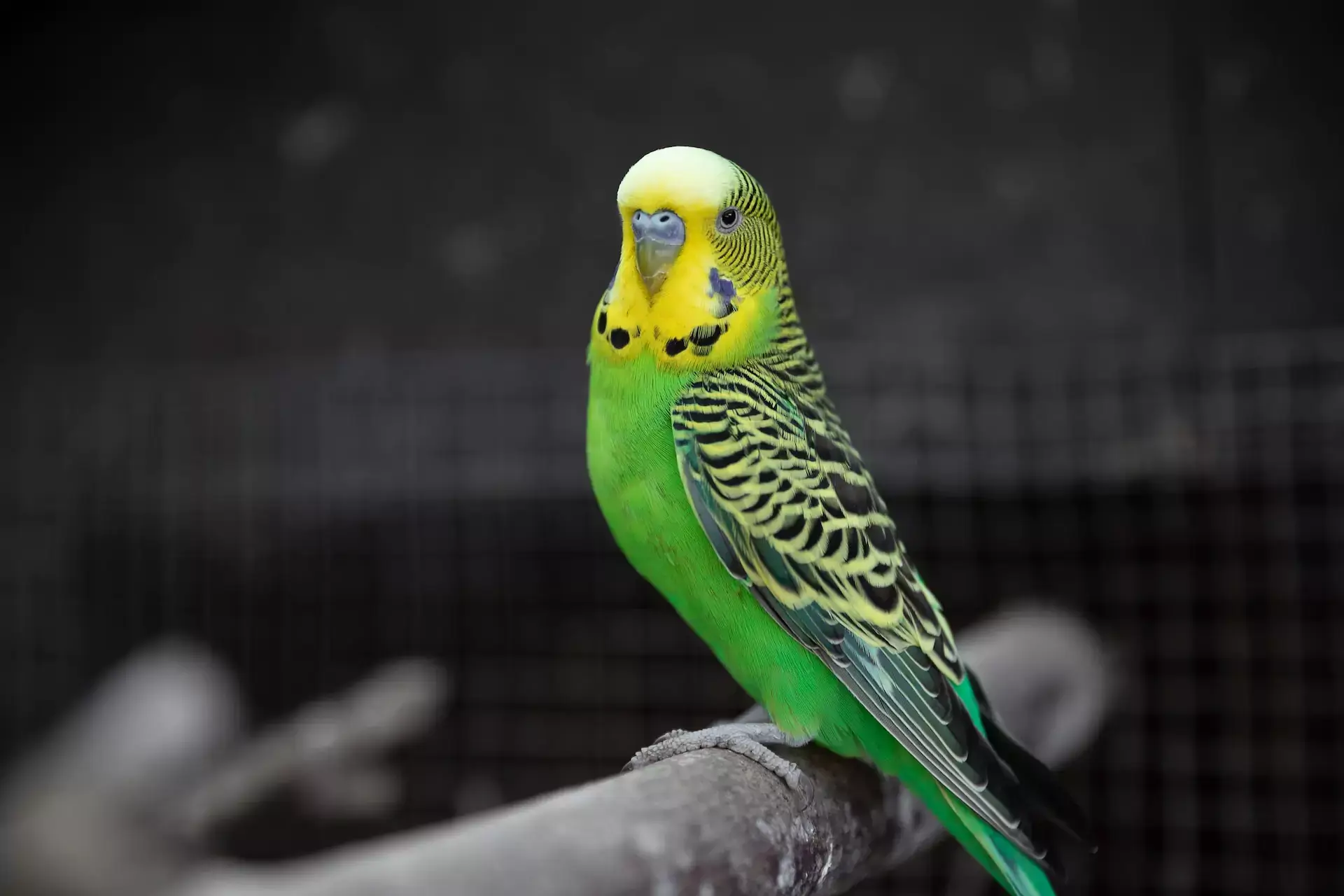Summer Hazards For Cats
Every season brings its own set of risks for pets. Summer is no different. While our feline friends may think of themselves as invincible, the truth is that kitties are very small and fragile, and are nowhere near as indestructible as many of them seem to think. A local vet goes over some of the seasonal dangers for people owned by kitties to look into in this article.
High Temps
Those scorching temps are at the top of the list for a reason. Cats are really not very well-suited to really hot weather. There are a few reasons for this. For one thing, Fluffy has a fur coat on. That adorable outfit may make your kitty look cute and charming, but it also means that she can’t really sweat. The only place that our feline pals are able to sweat properly is through their paw pads. Your feline pal also won’t be able to cool herself by panting, the way dogs can. That means that if your pet gets too hot, she’ll have a very hard time being able to regulate her temperature and cool herself down again. In fact, this may very well be why kitties spend so much time sleeping. Fluffy may instinctively know that it isn’t good for her to overdo it, especially in hot weather.
Traffic
Traffic is one of the biggest threats to cats that are allowed outdoors. Road accidents are also a main reason for pet urgent care visits. While this is technically a year-round hazard, summer can be particularly dangerous, as so many people are on the go or on vacation.
Getting Trapped
One of the many, many things we love about our feline pals is the fact that they are so inquisitive. (Actually, Fluffy can be downright nosy, but that’s another topic.)
Unfortunately, that sense of curiosity can backfire on your feline pal. Many kitties love following their humans around. Cats also love exploring things like sheds, cupboards, basements, greenhouses, open car trunks … the list goes on. Enclosed spaces can get dangerously hot very quickly during those summer heat waves. Plus, if your furball isn’t found right away, she’ll also be at risk of getting hungry and dehydrated, both of which can get very dangerous very fast.
If your cute pet follows you around like a furry, meowing shadow, always keep track of her whereabouts, and double check before closing sheds, garages, attics, and the like.
Fishing Gear
Summer is the most popular time for fishing. If you like to go down to a beloved swimming hole and try your luck, be very careful about putting everything back in your tackle box when you get home. Hooks, lures, and line are all dangerous for our feline pals.
It’s important to note that any kind of rope or string can become deadly if a kitty swallows it, due to the makeup of their internal organs. If Fluffy has swallowed string, don’t try to pull it. Instead, tie it to her collar (so she doesn’t swallow more) and get her to a vet or urgent pet care center immediately.
Poisoning
Summer is a prime time for yard work. It’s also peak season for critters and bugs. This can create dangerous situations for cats, as so many pesticides, herbicides, and rodenticides are by nature highly toxic. This is one area where your cat’s habit of being fastidiously clean can backfire on her. Your cute pet only needs to walk through a recently-treated patch to get sick, as she’ll ingest the poison when she next licks her fur to clean herself.
It’s important to know the signs of poisoning in kitties. These include the following:
- Diarrhea
- Drooling
- Shortness of breath
- Seizure
- Vomiting
- Coma
- Coughing
- Lethargy
- Irregular heartbeat
- Jaundice
- Unsteady gait
- Fever
- Shock or collapse
- Excessive thirst
- Bloody vomit, saliva, and/or stools
- Pale gums
If you notice any of these in your feline friend, contact your vet or a pet urgent care clinic right away. You can also call a Pet Poison help line at 855-764-7661. (Please note: charges may apply.) If your kitty did ingest something toxic, she’ll of course need immediate veterinary care. However, you may need to perform first aid before it’s safe to transport her. Get specific instructions from your vet or a poison helpline worker before trying anything. Otherwise, you could make matters worse. As an example: hydrogen peroxide may be recommended for dogs in some situations. However, it isn’t safe for kitties. Never give your pet anything unless specifically directed to by your vet or a poison help center.
Parasites
Parasitic infections aren’t just a nasty nuisance: they can at times be life threatening. Fleas, ticks, and other parasites are out in droves at this time of year. Some also carry other parasites and/or diseases that are dangerous to both humans and pets. Heartworms, which are transmitted by mosquitos, are a threat in summer as well. Although cats’ bodies aren’t as hospitable to heartworms as dogs’ are, Fluffy is still at risk. Even a single worm can be deadly to our feline friends.
The best ways to protect your cat from parasites are to keep her indoors and keep current on her preventative care.
Dehydration
While keeping your pet properly hydrated is always important, it’s particularly crucial in hot weather. Make sure that your feline pal always has fresh water. You may also want to offer your cute pet some chilled sodium-free broth on hot days.
If you have more than one furball, and/or if you have a large or multi-storied home, set out extra water bowls. If you do let your kitty go out, make sure that she has water outside as well.
Wild Animals
Fluffy is quite small, and is at risk from a whole slew of predators, which range from snakes to bears to coyotes to raptors, just depending on where you live. Animals of all sizes can be dangerous. Even if they aren’t predators—which many are—they could still be carrying diseases or parasites. Even a scratch from a stray cat can cause infections or expose your kitty to deadly diseases.
No matter where you and your feline pal live, wild animals always pose a threat. Even in the city, there are rats and strays around!
Toxic Plants
While some kitties show little interest in eating plants, others want to sample and nibble on absolutely everything. Quite a few popular plants are toxic to our feline pals. Lilies, for instance, are deadly to cats. Even just nibbling a leaf or drinking the plant’s water is enough to cause organ damage, which can be life-threatening.
Take a look around your house and yard, and make sure that you only have safe plants. The ASPCA is a great reference for this. You can find a full list of safe and unsafe plants on their site here.
Keeping Kitty Safe
Fortunately, taking a few simple measures will go a long way toward keeping Fluffy happy, healthy, and safe. First and foremost, keep your furball safe and sound indoors, and make sure she has plenty of water and access to rooms cooled by fans or air conditioning. You’ll also want to make sure that your furball is up to date on her preventative care, which includes vaccinations and parasite control. We also strongly recommend getting your feline buddy fixed.
Make An Appointment At Your Pet Hospital
Is your feline pal due for an exam? Has it been a while since Fluffy has come in? Please reach out to us at your pet hospital today. We’re here to help!



